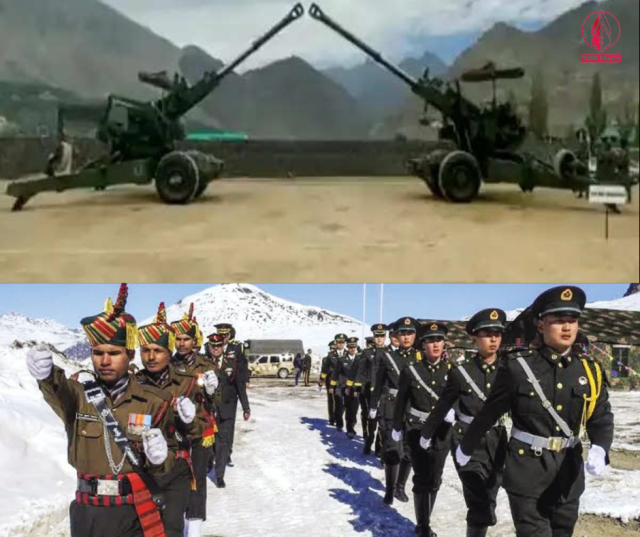India, China Complete Military Disengagement Along LAC Amid Ongoing Diplomatic Efforts
- Posted on October 28, 2024
- News
- By Arijit Dutta
- 28 Views
India and China are completing military disengagement at the LAC’s Demchok and Depsang Plains, a key diplomatic step since the 2020 Galwan clash. Troops will revert to pre-2020 positions, while de-escalation and trust-building continue. External Affairs Minister Jaishankar emphasized that further steps are needed to resolve boundary tensions.

India and China are set to finalize their military disengagement along the Line of Actual Control (LAC) on October 28-29, marking a significant step toward de-escalating tensions at the border. This disengagement, a follow-up to recent diplomatic agreements, involves both nations pulling back troops and dismantling temporary structures at two key friction points: Demchok and Depsang Plains in eastern Ladakh.
Following the 2020 Galwan Valley clash, which resulted in multiple casualties and heightened tensions, this disengagement represents the first tangible progress in efforts to ease the border dispute. According to Indian Army sources, the recent agreements focus specifically on Demchok and Depsang and exclude other disputed zones. Both countries’ troops will return to positions held prior to April 2020, restoring patrolling rights to their pre-conflict state.
In addition to troop withdrawals, Indian forces have begun relocating equipment from these areas, signaling a commitment to de-escalation. However, unresolved issues remain, and officials have not confirmed any symbolic event to commemorate this stage of disengagement. External Affairs Minister S. Jaishankar commented that disengagement is only the first step toward a larger process of de-escalation, trust-building, and eventually, a broader boundary negotiation.
Also Read: Delhi Faces Severe Air Pollution Ahead of Diwali Festivities
Jaishankar outlined three main goals: reducing the immediate proximity of forces to lower the risk of incidents, implementing broader de-escalation measures, and advancing the longstanding boundary resolution process. While these developments signal diplomatic progress, full normalization of relations is likely to require substantial time and trust-building between the two countries.




